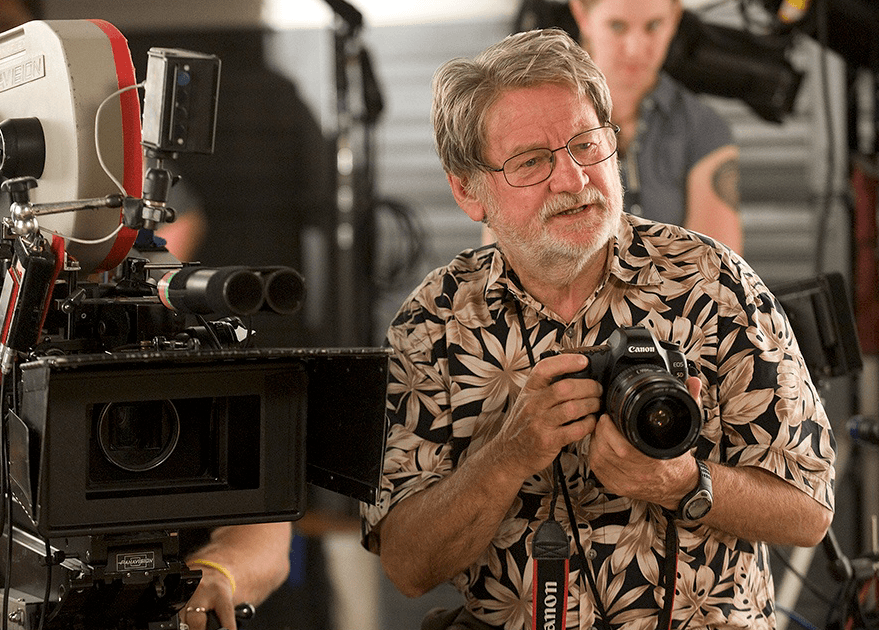
AFF 2024 Don Dunstan Award
Festival Info
AFF 2024 Don Dunstan Award
AFF 2024's Don Dunstan Award recipient is Academy Award-nominated cinematographer and director Don McAlpine.
Don is known globally for his work in over 50 films, including Predator (1987), Romeo + Juliet (1996), Moulin Rouge! (2001), Peter Pan (2003) and The Chronicles of Narnia: The Lion, the Witch and the Wardrobe (2005).
Born in Quandialla, New South Wales, Don still finds time to support local filmmakers as a freelance DOP in films such as The Dressmaker (2015), Ali’s Wedding (2017) and A Stitch in Time (2022).
In 2001 Don was awarded the Australian Centenary Medal in the Queen’s New Year’s Honours List for his service to Australian Society and Australian Film Production. McAlpine was nominated for an Academy Award for his work in Moulin Rouge! (2001). He is a member of both the Australian Cinematographers Society and the American Society of Cinematographers. The A.S.C. honored him with the 2009 International Achievement Award. In 2016 McAlpine received an honorary doctorate in Arts from Edith Cowan University in Perth, Western Australia.



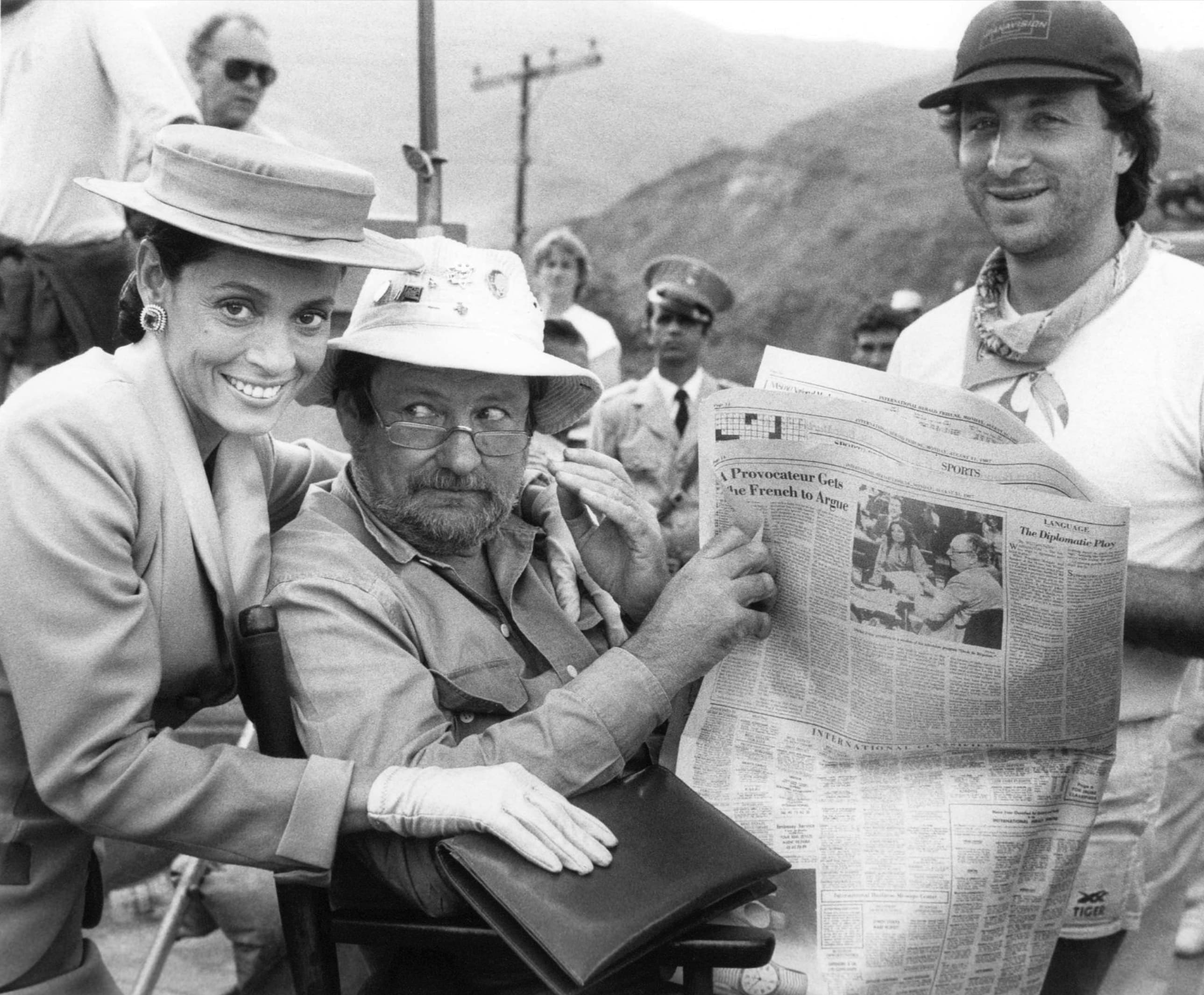
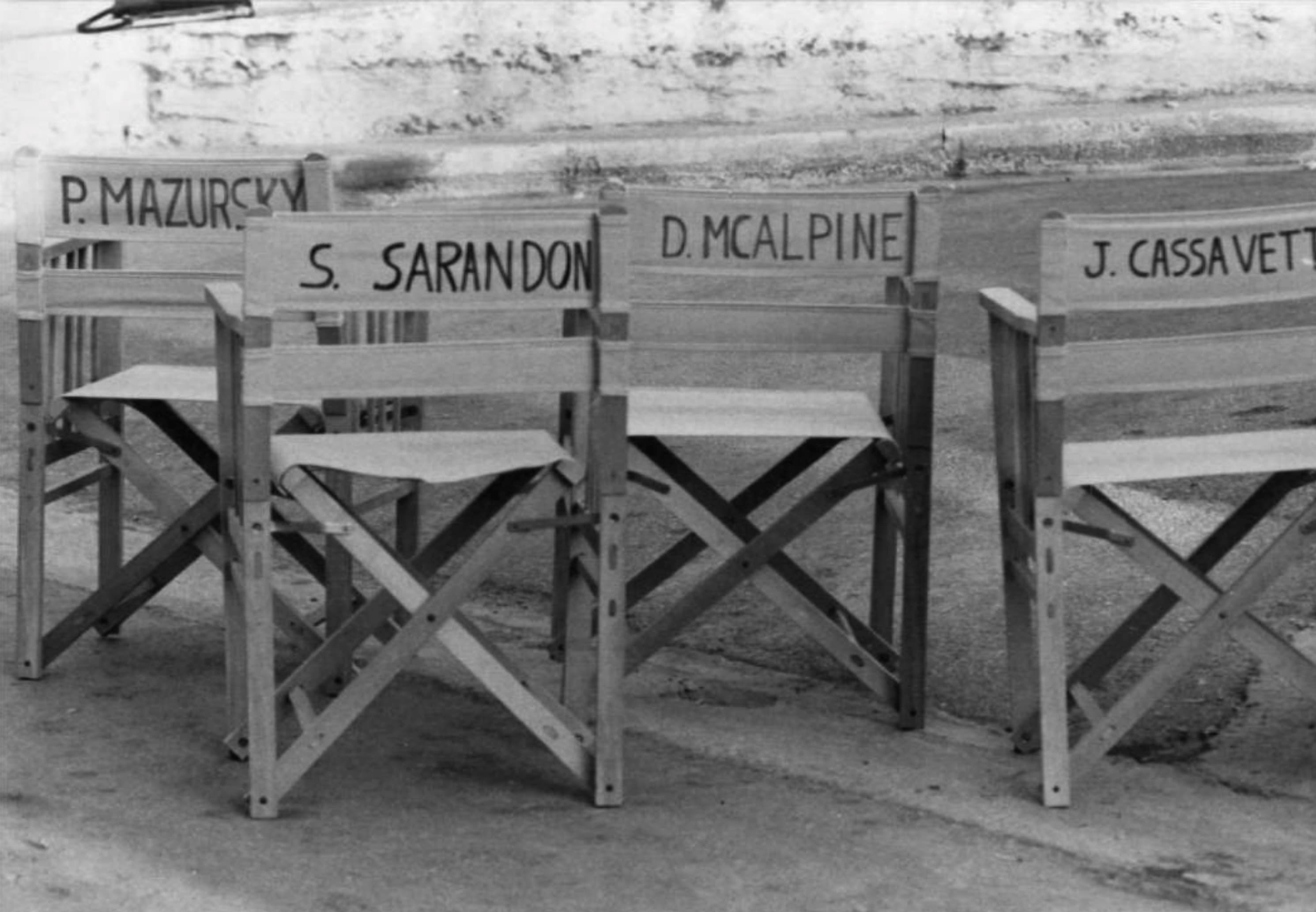
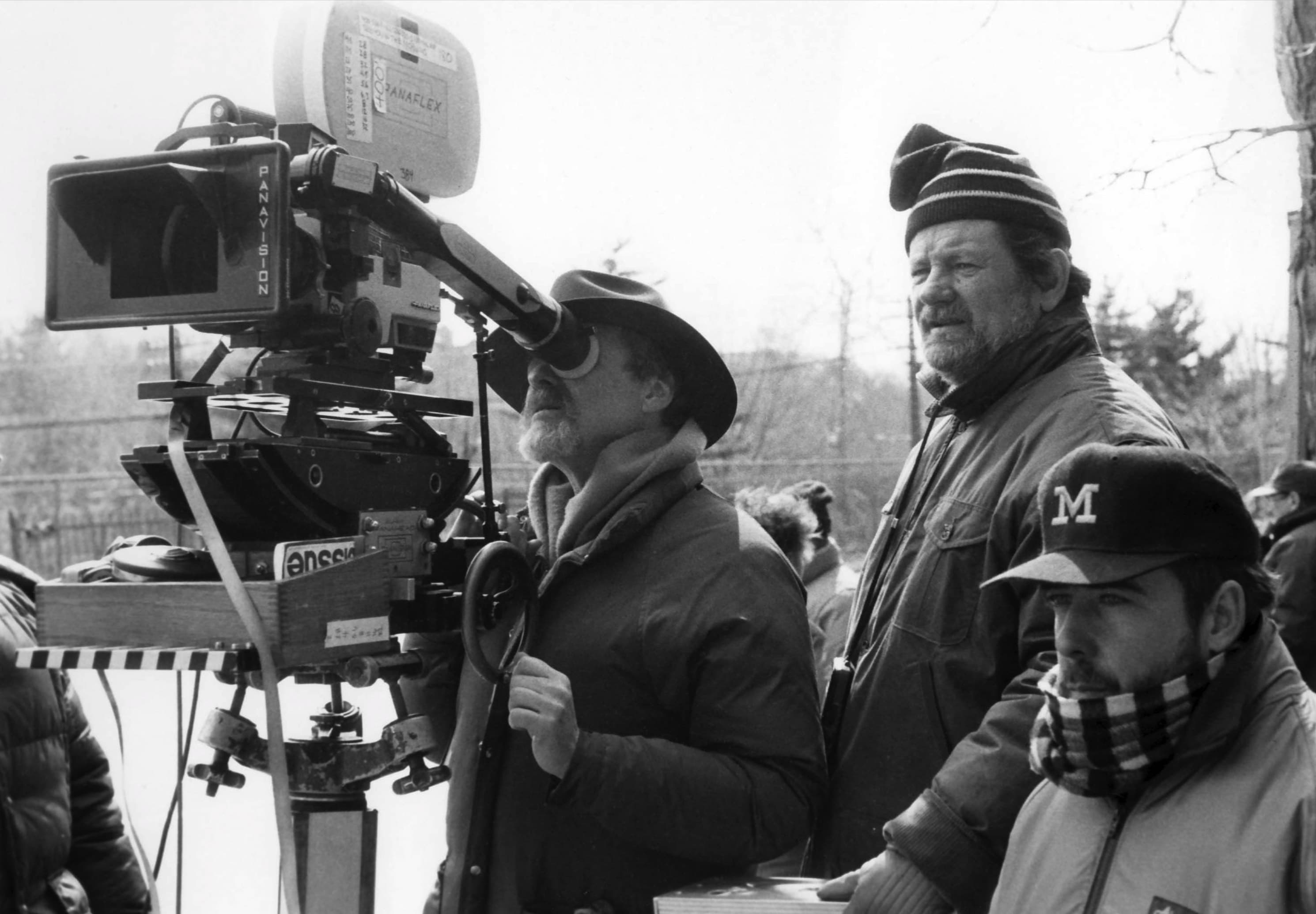
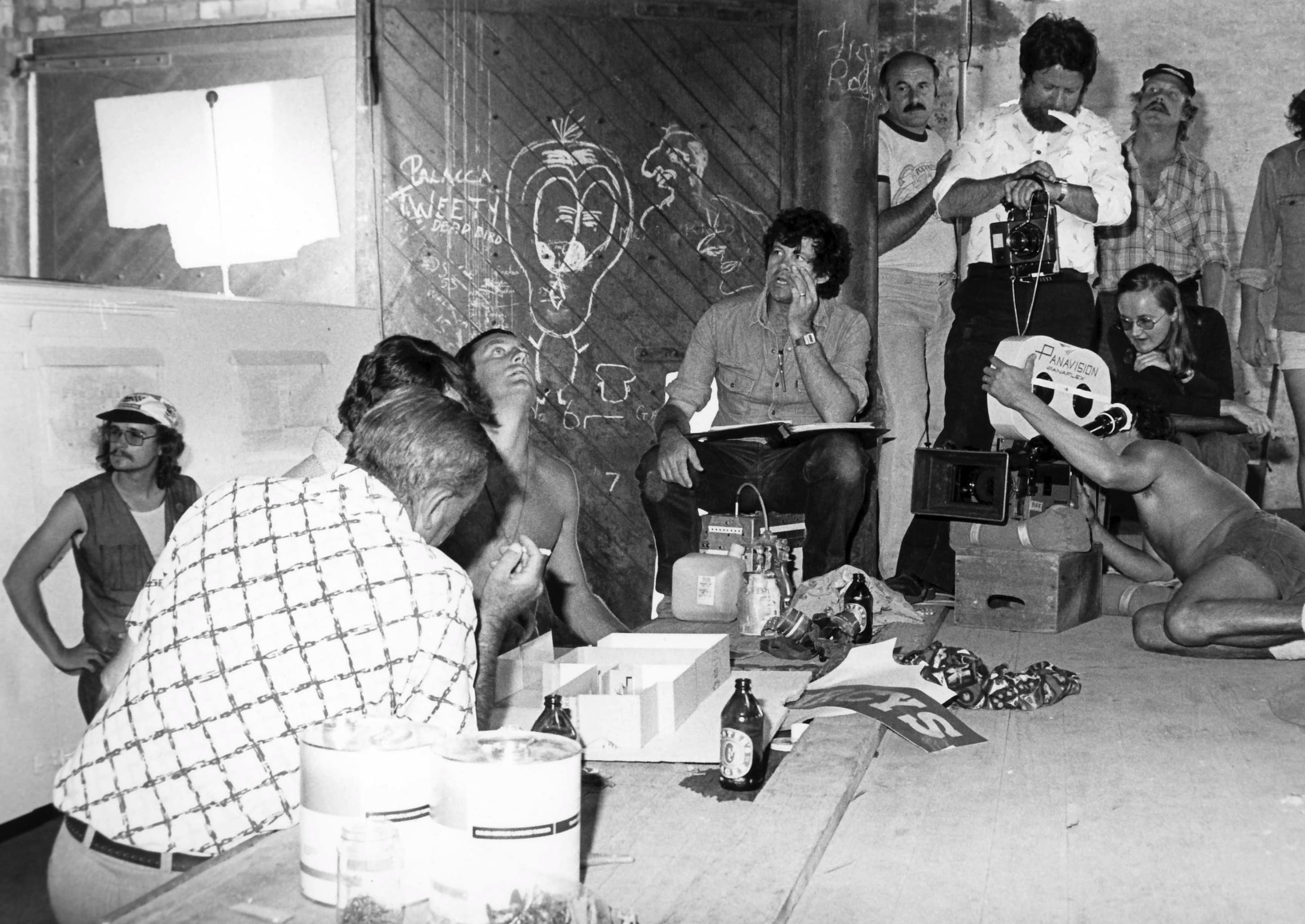

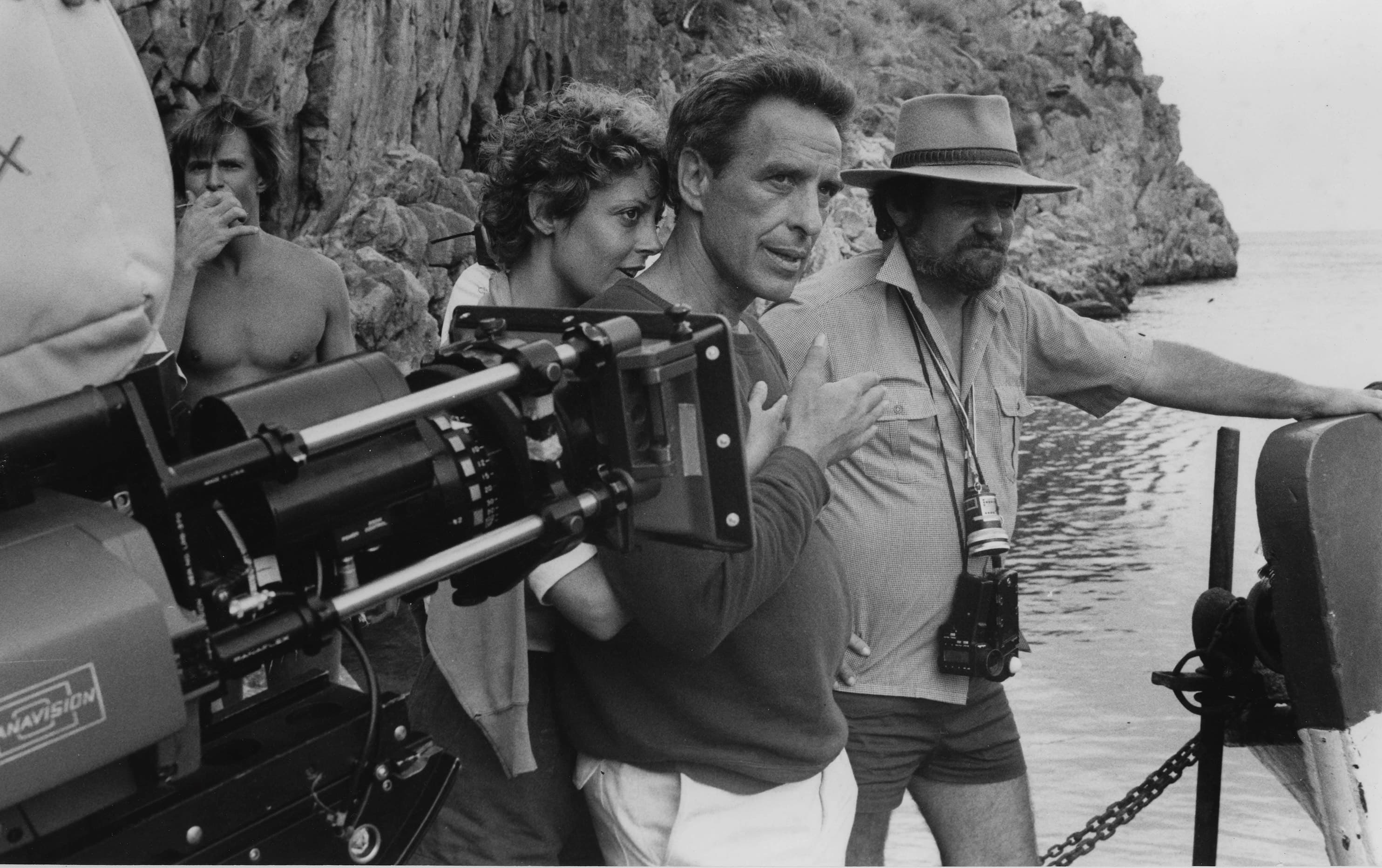
Don McAlpine ACS, ASCEssay
Written by Helen Carter, Lecturer, Screen, Film & TV, College of Humanities, Arts and Social Sciences, Flinders University
Cinematographer Don McAlpine is known globally for his work on feature films, including The Getting of Wisdom (1978), Breaker Morant (1980), My Brilliant Career (1979), Predator (1987), Patriot Games (1992), Romeo + Juliet (1996), Moulin Rouge! (2001), X-Men Origins: Wolverine (2009), and The Dressmaker (2015). McAlpine has had an extensive career, having shot more than 70 feature films and series, in diverse genres and styles. With director Bruce Beresford he shot two films in South Australia, Money Movers (1978) and Breaker Morant (1980). He is widely recognised as one of Australia’s most outstanding cinematographers working both at home in Australia and internationally in Hollywood.
Growing up in Temora in rural NSW McAlpine worked on farms, travelled and was an amateur photographer, working in practical ways that set him up with the skills and attitude to solve problems and find innovative solutions to the problems faced by cinematographers. After studying at teachers’ college (where he met his wife Jeanette) McAlpine taught PE at Parkes High School. During this period, he shot 16mm black and white film stories as a stringer for the ABC, which led to him moving with his family to Sydney to work for the ABC full time. Following this he moved to the Commonwealth Film Unit which provided the opportunity to extend his skills by shooting colour 35mm film and where he was cinematographer on many documentaries and short films.
Winning his first ACS award for the short film No Roses for Michael (dir Chris McGill,1970) drew the attention of Bruce Beresford who asked him to film The Adventures of Barry McKenzie (1972) in London, launching his international career as a Director of Photography. Bruce Beresford and Don McAlpine made ten feature films together including The Getting of Wisdom, Breaker Morant and Puberty Blues (1981).
McAlpine’s career has been well documented, but especially in the wonderful feature-length documentary Show Me The Magic: The Adventures of Don McAlpine (2013) by Cathy Henkel. I first encountered Don McAlpine at the screening of this film at The Mercury Cinema in Adelaide. The title of the film reflects McAlpine’s filmmaking mantra, ‘Show Me the Magic’, which was given to him by director and collaborator Paul Mazurksy (Tempest 1982, Moscow on the Hudson 1984, Down and Out in Beverly Hills 1986).
Cinematographers, like good wine, are said to improve with age. Incredibly, McAlpine turns 90 this year and as recently as 2023 shot The Portable Door with director Jeffrey Walker. In researching this essay, I contacted Don and asked him to reflect on his long life shooting films. Each cinematographer has their own method of collaborating with the director and the
crew (and vice versa), and this also varies on each new production. Despite professional working standards, films will inevitably be influenced by the cinematographer’s own temperament and emphases. Speaking generally about the collaboration with directors, McAlpine comments, ‘My relationship with the director is paramount. Normally I'm on the project because of their request. You play a new role with each and every director. Film direction is a multifaceted endeavour. Very rarely do all facets shine equally. As a major collaborator I tried to work out what areas need support. It is probably the most critical function I perform.’
Producer Margaret Fink, chose to work with McAlpine on My Brilliant Career (dir Gillian Armstrong, 1979), as he had just shot the Getting of Wisdom which had the look she wanted. McAlpine won the AFI award for Best Cinematography and also the ACS award for Cinematographer of the Year (Milli Award) for My Brilliant Career and achieved sufficient attention that led to offers of work in Hollywood. As is often the case in director/cinematographer partnerships (particularly in Australia) McAlpine was considerably more experienced than Armstrong and Fink when they worked together on this film.
NFSA curator Paul Brynes’ notes on the film describe the cinematography as having ‘great contrast – the flat, barren landscapes of the Melvyn family’s farm in the midst of drought gives way to green and verdant homesteads of the landed gentry. Cinematographer McAlpine gives some of these scenes an impressionist look, emphasising the sense of privilege.’ (1) McAlpine describes a close working partnership between cinematographer and designer, evident in this film, ‘from my point of view.... from the day the first clapper comes out, there are three people making the movie: the director at the top of the triangle, the director of photography and the designer at the lower corners of the triangle. And the three of them are the ones that really do construct the movie. (2) This was their only feature film collaboration. Armstrong says, ‘after My Brilliant Career, I could never get him again. He was just too busy.’ (3)
How does McAlpine find moving between big budget Hollywood films and smaller Australian budgets? ‘Both have their excitement. Just the numbers involved in Hollywood, the time you have to do it and the demand for excellence. Here in Australia, it was really adapting to the limitations of finance and it was an entirely different game. I enjoyed both of them, I must admit I enjoyed the toys Hollywood had to offer. I feel some obligation to work in this country.’ The significance of his commitment has meant that he regularly returns to film in Australia, contributing in major way to film industry here.
McAlpine collaborated with director Baz Luhrmann on Romeo + Juliet and Moulin Rouge! Luhrmann recalls his excellent handheld work, ‘like nothing I’ve ever seen’ and appreciates the way he gathers a crew and organises the camera department. ‘He was full of innovation. The underwater scene, the diving scene. Don contributed a lot to that because he’s a diver. He gets in the water with the camera. Having to make do comes from being a news reporter, from filming in Australia.’ (4) McAlpine is at pains to point out the importance of working with the production designer, in this case Luhrmann’s longtime collaborator Catherine Martin aka CM. ‘From a cinematographer’s point of view, having CM do the design was incredible. The camera knew exactly where to go when CM does the scene.’
McAlpine is renowned for providing directors with creative and technical solutions and summarises the duties and attitude of a cinematographer in the following way: ‘Every film is a creative experiment and sometimes an experiment is really getting on with people and other times it’s about learning new technology. But most of the time it’s an experiment of finding a new way of visually stating something.’ (5)
Of all the stages of cinematography, the least obvious or visible to audiences is the colour grade, which McAlpine calls ‘a critical process to me. Arthur Cambridge did most of my early Australian efforts up to Moulin Rouge!, Arthur was one of my most gifted associates, I worked with the knowledge that I always have this final process when shooting any scene. It is part of my process.’
McAlpine insists he does not have a unique cinematographic style but rather approaches each script and director on its own merits. ‘I do not believe I have an overriding personal vision or style. Mine is to look at everyone else’s contribution and find a way that is really exciting, interesting and beautiful and find a way to do it. Some require beauty, some require ugliness. A project involves writer, director, production designer and cast. Each one of these factors affect the style I might attempt to impose on a production. Mrs Doubtfire (dir Chris Columbus 1993) and Romeo + Juliet visually are worlds apart. The last thing I would want to do would be to continue to make the same movie. It is a moulding process.’
In Show Me the Magic he elaborates further. ‘I use lighting as a painter uses a brush. You can illuminate a subject to the point where you can photograph it or you can dramatically light a scene. It’s placement of light, it’s the use of the shade or the blackness between the lights that create the patterns that make the scene work.’ (6)
Being an early adopter of digital cinematography, McAlpine was already using his digital Canon stills camera on set to assess exposure and lighting. ‘I was trying to shoot digital for years, in Hollywood and here in Australia. But everyone insisted I still shoot film. I’m technically quite well informed. Film was and is an imprecise process. Its main advantage before an efficient video split was that you and the camera operator were the only people with knowledge of what the camera was recording, This knowledge bestowed power. Video split and eventually digital cinema vastly diminished this authority, which is a good thing. Personally, I was thrilled to eventually shoot my first digital project, Mental (dir P J Hogan 2012). For some 30 years I had been using a digital stills camera for lighting and frame assessment so the transition was seamless.’ Remaining up to date with technology is a large part of why McAlpine is still working today.
So, where is cinematography at today and how does McAlpine feel about this? He responds with a question, ‘Where is the power of the Cinematographer? My mantra is “show me the magic”, and I think the magic is still there but it is diminished. Cinematographers have the same amount to contribute, but his work is totally open, everyone can now instantly see what he’s doing. The production format is going to remain the same and you still need the various crew to do the work. But the glory days of Hollywood have really, really gone.’
‘The great part about it now, is you can do what we did a while back on a Stitch in Time (dir Sasha Hadden, 2018). You can make a no-budget feature film, that enabled a lot of people to find their way into the industry. It was an amazing exercise in how small a crew can be. None of the crew were paid, and they all turned up, day after day. And it worked. Previously the cost of film and processing eliminated all that. Now you can keep footage on pretty cheap digital drives. That’s the really positive thing now. If anyone has a brilliant idea or concept, it’s a lot easier to get it produced. It’s still hard to find an audience.’
Speaking to AC Magazine’s James Cunningham, McAlpine provides an explanation for his longevity in the film industry. ‘It may be of interest to some of our younger cinematographers why an 85-year-old would still be taking work from them. The experience of what I have done before is a minor factor. I truly believe that with age I have developed a far more personal approach to the work. My judgement is not cluttered with career or financial concerns. I am solely doing the job to please the director and myself.’ (7)
Each year, the Adelaide Film Festival Board presents the Don Dunstan Award, recognising an exceptional individual who has made an outstanding contribution to Australian screen culture. Clearly McAlpine fits this description, but I asked Don, do you know why you are
being awarded the Don Dunstan? He laughs... ‘I’ve shot 70 films, I’ve worked in SA on a couple of productions. It’s been a wonderful journey. Bruce Beresford and I did 10 films together in the early Australian period, a wonderful experience. Mazursky pushed me into the American thing. I’ve had a fortunate life.’
McAlpine was the 137th member to receive Australian Cinematographers Society (ACS) accreditation, was awarded the Australian Centenary Medal in the Queen’s New Year’s Honours List in 2001 for his service to Australian Society and Australian Film Production and was inducted into the ACS Hall of Fame in 1997.
Don McAlpine is one of Australia’s most significant cinematographers, contributing to the film industry for many years, enthusiastically embracing the transition from film to digital cameras. He has collaborated with a wide range of directors, designers, gaffers and assistants and been recognised numerous times for his excellence in the field. ‘The most enjoyable thing in my career was my career. To have survived 50 years in a very competitive world market. The reward from each project is extremely varied. Over the many years of production, I have tried to encourage excellence wherever I saw it. It has been rewarding to see so many of my former crew find their niche in the wonderful world of motion pictures.’ (8)
1 — Paul Byrnes (2018) https://www.nfsa.gov.au/collection/curated/my-brilliant-career-and-after-restoration-trailer
2 — Bec Caldwell, interviews McAlpine for The Popcorn Show S1 E09 2015 https://www.youtube.com/watch?v=ndB5wVRmoZM
3 — Gillian Armstrong in Q&A at 2018 Sydney Film Festival screening of ‘My Brilliant Career.’
4 — Show me the Magic (2013) dir Cathy Henkel, available on DocPlay
5 — Oliver Pfeiffer, “The secret of my success: My brilliant career, Don McAlpine,” Career Management Services, 2016.
6 — Show me the Magic (2013) dir Cathy Henkel
7 James Cunningham, Oscar-nominated Don McAlpine ACS ASC talks about returning to television for ‘Lambs of God’ ACMag June 2019
8 — Interview with Don McAlpine, for Adelaide Film festival, October 2024.

